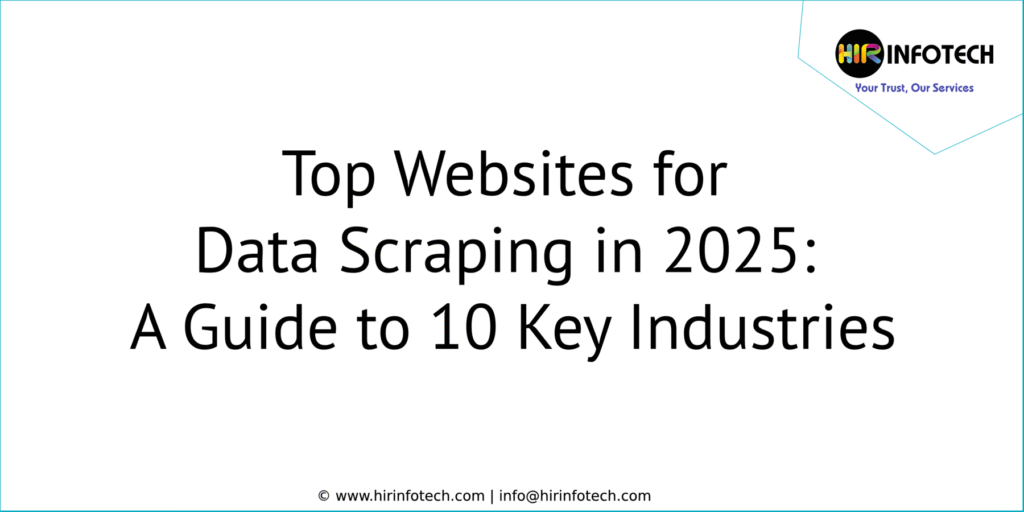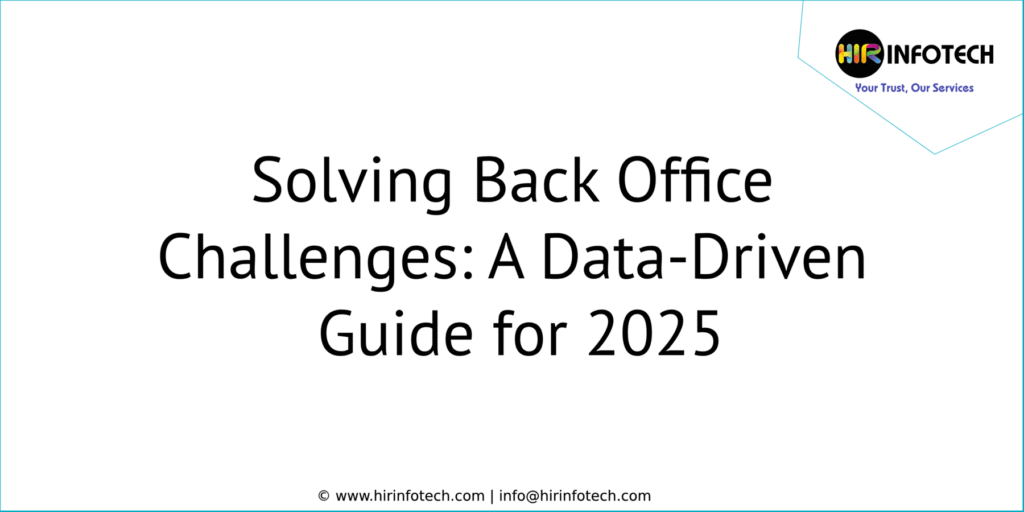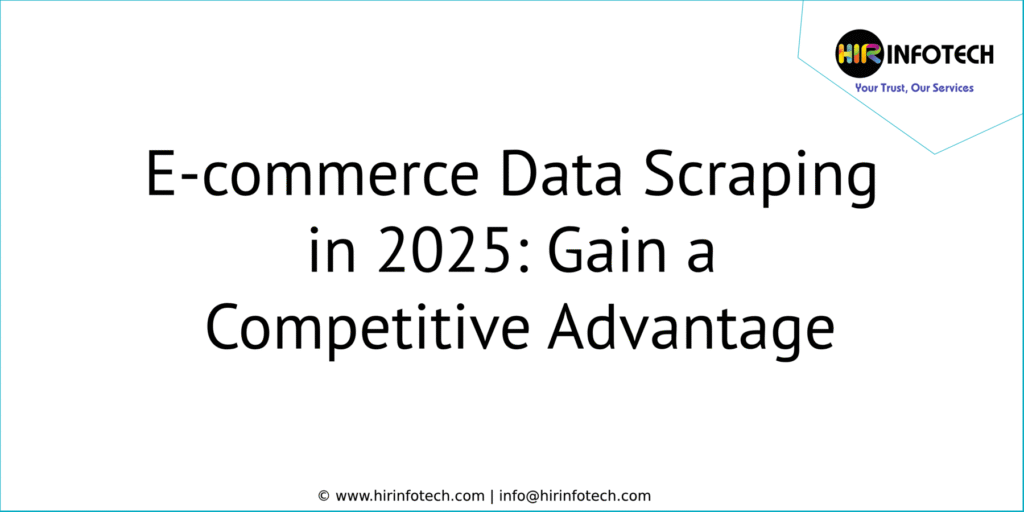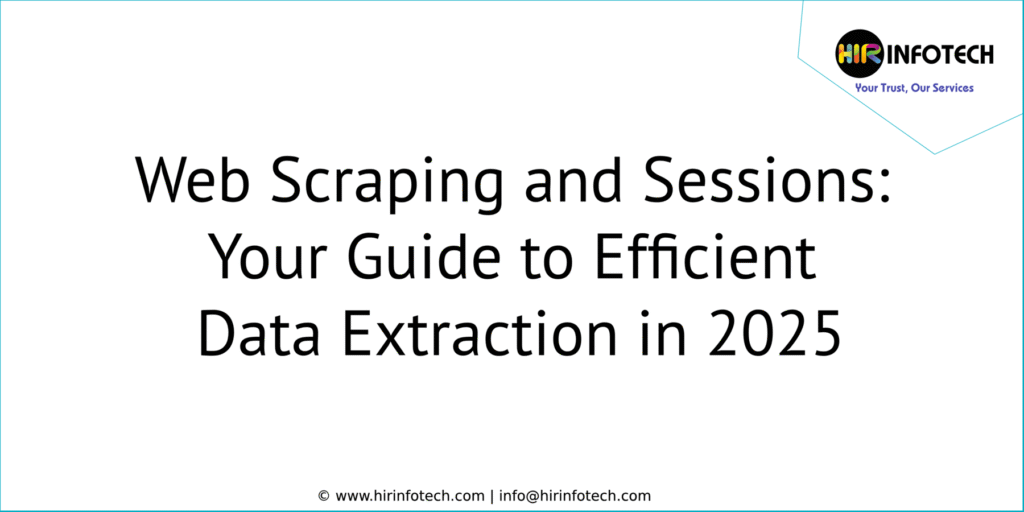
Introduction:
Data is the new oil. Businesses need information to make smart decisions. Web scraping is a powerful way to collect this data. This guide explores top websites for scraping across 10 key industries in 2025. It’s designed for everyone, no coding required!
What is Web Scraping? (Simplified)
Imagine you need to collect information from many websites. Copying and pasting would take forever. Web scraping automates this process. It’s like a robot that visits websites and extracts the data you need. This data is then organized into a usable format, like a spreadsheet.
Why is Web Scraping Important? (The Business Value)
Web scraping provides valuable insights:
- Competitive Analysis: Track your competitors’ pricing, products, and strategies.
- Market Research: Understand market trends, customer preferences, and demand.
- Lead Generation: Identify potential customers and gather contact information.
- Price Monitoring: Track price changes across multiple websites. Optimize your own pricing.
- Product Development: Discover new product ideas and identify gaps in the market.
- Risk Management: Monitor news and social media for potential risks to your business.
- Investment Research: Analyze financial data, company performance, and market trends.
Ethical and Legal Considerations (Scraping Responsibly)
Before you start scraping, remember these important points:
- Terms of Service: Always check the website’s terms of service. Some sites prohibit scraping.
- Robots.txt: This file (e.g., example.com/robots.txt) tells scrapers what they can and cannot access. Respect it. You can check details here, refer to this robots.txt guide.
- Rate Limiting: Don’t overload the website with requests. Scrape slowly and politely.
- Personal Data: Be extremely careful with personal data. Comply with privacy laws like GDPR and CCPA.
- Public vs. Private: Focus on publicly available data. Don’t try to access private accounts or information.
Top Websites for Scraping Across 10 Industries (2025)
Here’s a breakdown of top websites for scraping, organized by industry, with examples of the data you can collect and why it’s valuable:
1. E-commerce:
- Top Websites:
- Amazon: Product listings, prices, reviews, seller information, best-seller lists.
- eBay: Product listings, prices, auction data, seller ratings.
- Walmart: Product listings, prices, inventory levels, store locations.
- Etsy: Product listings, prices, shop information, customer reviews.
- Data Examples:
- Product title, description, images, ASIN (Amazon Standard Identification Number).
- Current price, historical price data, price fluctuations.
- Customer reviews (text, rating, date), seller ratings and reviews.
- Product availability, shipping information.
- Why It’s Valuable: Competitive pricing, product research, identifying trending products, understanding customer sentiment, monitoring seller performance.
2. Real Estate:
- Top Websites:
- Zillow: Property listings, prices, zestimates, property details (bedrooms, bathrooms, square footage), neighborhood information.
- Realtor.com: Similar data to Zillow, plus realtor contact information.
- Redfin: Property listings, prices, Redfin estimates, market data.
- Trulia: Property listings, prices, neighborhood insights, crime data.
- Data Examples:
- Property address, listing price, sale price (historical data).
- Property characteristics (beds, baths, square footage, lot size).
- Listing agent contact information.
- Property photos, virtual tours (if available).
- Neighborhood demographics, school ratings.
- Why It’s Valuable: Market analysis, investment research, identifying potential properties, understanding property values, lead generation for real estate agents.
3. Social Media:
- Top Websites:
- Twitter: Tweets, user profiles, hashtags, trends, follower/following counts.
- Facebook: Public posts, group discussions, page information, comments (scraping Facebook is becoming increasingly difficult due to their restrictions).
- Instagram: Posts, user profiles, hashtags, comments, follower/following counts (also challenging to scrape).
- LinkedIn: Company profiles, employee information, job postings, professional connections (requires careful attention to terms of service).
- Data Examples:
- Tweet text, timestamp, user information, hashtags.
- Post content, comments, reactions.
- User profile information (name, location, bio).
- Number of followers, likes, shares.
- Why It’s Valuable: Sentiment analysis, brand monitoring, identifying influencers, understanding public opinion, lead generation (especially on LinkedIn). Note: Social media scraping is heavily restricted by many platforms. Always prioritize using official APIs when available.
4. Travel and Hospitality:
- Top Websites:
- Booking.com: Hotel listings, prices, reviews, availability.
- Expedia: Flights, hotels, car rentals, vacation packages, prices, reviews.
- TripAdvisor: Hotel, restaurant, and attraction reviews, ratings, user photos.
- Airbnb: Listing details, prices, availability, host information, reviews (scraping Airbnb is challenging).
- Data Examples:
- Hotel name, location, price per night, amenities.
- Customer reviews (text, rating, date).
- Flight prices, departure/arrival times, airline information.
- Availability calendars.
- Why It’s Valuable: Price comparison, identifying travel trends, understanding customer preferences, competitor analysis for hotels and travel agencies.
5. Finance:
- Top Websites:
- Yahoo Finance: Stock prices, financial news, company profiles, historical data.
- Google Finance: Similar data to Yahoo Finance.
- Bloomberg: Financial news, market data, company information (requires a subscription for full access, but some data is publicly available).
- SEC.gov (EDGAR): Company filings (10-K, 10-Q), financial statements.
- Data Examples:
- Stock ticker symbol, current price, historical price data.
- Company financials (revenue, profit, assets).
- News headlines and articles related to specific companies or industries.
- SEC filing data (ownership information, financial performance).
- Why It’s Valuable: Investment research, financial analysis, risk management, tracking company performance.
6. Job Boards:
- Top Websites:
- Indeed: Job postings, company reviews, salary information.
- LinkedIn: Job postings, company profiles, employee information (again, be mindful of LinkedIn’s terms of service).
- Glassdoor: Company reviews, salary data, interview questions.
- Monster: Job postings.
- Data Examples:
- Job title, company name, location, salary range, job description.
- Company reviews (text, rating, date).
- Required skills and qualifications.
- Why It’s Valuable: Recruitment, salary benchmarking, understanding job market trends, identifying in-demand skills.
7. News and Media:
- Top Websites:
- Google News: News articles from various sources, aggregated by topic.
- New York Times: Articles, headlines, publication dates (requires a subscription for full access, but some data is publicly available).
- BBC News: Similar to the New York Times.
- CNN: Similar to the New York Times.
- Data Examples:
- Headline, article text, publication date, author.
- Source URL.
- Keywords and topics.
- Why It’s Valuable: Trend analysis, media monitoring, tracking public opinion, research.
8. Government Data:
- Top Websites: * Data.gov (US): A central repository for US government data. * Census.gov (US): Demographic data, economic indicators. * BLS.gov (US): Bureau of Labor Statistics – employment data, inflation data. * Open data portals of specific cities/states/countries.
- Data Examples:
- Demographic statistics (population, age, income).
- Economic indicators (GDP, unemployment rate).
- Building permits, crime statistics.
- Environmental data.
- Why It’s Valuable: Public policy research, economic analysis, urban planning, demographic studies.
9. Healthcare:
- Top Websites:
- WebMD: Health information, symptom checker (be very careful about scraping health information; focus on publicly available, non-personal data).
- PubMed (NCBI): Database of biomedical literature.
- CDC.gov (US): Public health data and statistics.
- FDA.gov (US): Drug information, medical device approvals.
- Data Examples:
- Drug information (name, dosage, side effects).
- Disease statistics.
- Research publications (titles, abstracts, authors).
- Why It’s Valuable: Medical research, public health analysis, pharmaceutical market research (again, prioritize ethical considerations and avoid scraping personal health information).
10. Entertainment:
- Top Websites:
- IMDb: Movie and TV show information, ratings, reviews, cast and crew.
- Rotten Tomatoes: Movie and TV show reviews, ratings.
- Spotify: (Challenging to scrape, API is preferred) Music data, artist information, popularity rankings.
- Goodreads: Book information, reviews, ratings.
- Data Examples:
- Movie title, release date, genre, director, actors.
- Ratings and reviews (text, score).
- Box office data.
- Why It’s Valuable: Market research for the entertainment industry, identifying trends, understanding audience preferences.
Tools and Techniques for Web Scraping (Brief Overview)
While this guide focuses on where to scrape, here’s a quick overview of how:
- No-Code Tools: Octoparse, ParseHub, Apify (good for beginners).
- Python Libraries: Beautiful Soup, Scrapy, Selenium (for developers).
- Scraping APIs: ScraperAPI, Zyte API (for reliable data extraction).
Key Considerations When Choosing Websites to Scrape
- Data Availability: Is the data you need publicly accessible?
- Website Structure: Is the website well-structured and easy to navigate (for the scraper)?
- Scraping Restrictions: Does the website prohibit scraping in its terms of service or robots.txt?
- Data Volume: How much data do you need? Some websites have limits on how much data you can access.
- Data Update Frequency: How often is the data updated? This will influence how often you need to scrape.
Frequently Asked Questions (FAQs)
- Is web scraping legal?
It’s a gray area. Scraping publicly available data is generally okay, but you must respect website terms of service and robots.txt. Never scrape private data. - Will I get blocked if I scrape a website?
Possibly. Websites use various techniques to detect and block scrapers. Use proxies, rotate user agents, and scrape slowly to minimize the risk. - What’s the best programming language for web scraping?
Python is the most popular choice, due to its excellent libraries (Beautiful Soup, Scrapy, Selenium). - How can I learn web scraping?
There are many online tutorials, courses, and documentation resources available. Start with the basics of HTML, CSS, and Python. - What’s the difference between web scraping and using an API?
APIs provide a structured way to access data. Scraping extracts data directly from the HTML. APIs are preferred when available. - Can I scrape data behind a login?
Yes, but it’s more complex. You’ll need to use tools like Selenium to simulate the login process. Be extra careful about terms of service when doing this.
- How do I handle websites that use JavaScript to load content?
You’ll likely need to use Selenium or a headless browser to render the JavaScript before scraping the data.
Need help extracting data from these top websites? Hir Infotech provides expert web scraping, data extraction, and data analytics services. We build custom solutions to meet your specific needs, handling complex websites and large-scale data collection, regardless of industry. Contact us today for a free consultation and let’s discuss your data needs!



